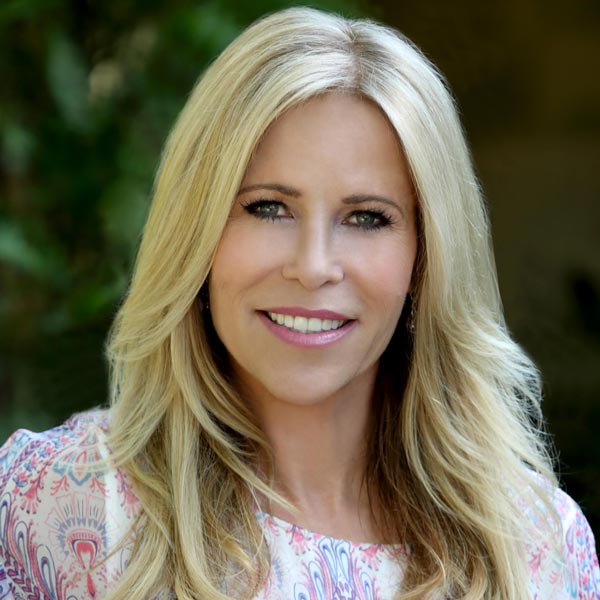Roughly 90 years ago, two men came together to found the first 12-Step recovery program. These men were Bill Wilson and Robert Holbrook Smith (more commonly referred to as Bill W. and Dr. Bob), and the program they founded was Alcoholics Anonymous (AA). They founded this program on two basic but essential principles. One was that to recover, we must rely on a Higher Power that is greater than ourselves. Two was that we must work with others in recovery to recover ourselves. These principles of spiritual growth and nurturing positive relationships have gone on to help millions of people recover from addiction all over the world.
How Nurturing Positive Social Interactions Improve Mental and Physical Health During Recovery
Human beings are not meant to be alone. We are congregating creatures that need each other’s love and affection to thrive and grow. Yet, many people in active addiction push all of their connections with others away to protect their disease. As many people say in recovery, “Our disease wants us left alone so it can thrive.”
In recovery, it is crucial that we begin to make social connections once again. These relationships will help us once again become acclimated to what it means to be a part of a community, to be a part of this world.
In recovery, social interactions can be especially important because they can also mean the difference between long-term success and a potential relapse. This is because helping people with their issues helps us forget about ours (even if it is momentary). The primary text of AA (commonly known as the “Big Book”) explains, “Practical experience shows that nothing will so much insure immunity from drinking [or using] as intensive work with other [people in recovery]. It works when other activities fail.” Of course, connecting with other people in recovery in a meaningful way does not come automatically. It takes work.
Nurturing Positive Relationships: Understanding the Importance of “Assertive” Communication and Honesty
In recovery, it is often hard to communicate with others honestly because we have been dishonest with ourselves for so long. We have also often been passive in the way we have approached ourselves as well as the way we have communicated with others.
Becoming assertive as we communicate with others is essential to how healed we want to become. As is often said in recovery, “We are only as sick as our secrets.” Well, being passive and not being wholly upfront with others is also a form of secrecy. It is a form of “lying by omission,” or perhaps better said, simply being “deceptively docile.”
So, how can we become more open and honest with others? First, we must be open and honest with ourselves, and to do that, we must be open and honest with something outside of ourselves (this is the Higher Power of our own understanding that Bill W. and Dr. Bob were referring to). We can do this via meditation and prayer.
The Benefits of Meditation and Prayer
Mediation and prayer do not merely have esoteric benefits. They have very well-documented benefits that can help heal our mind, body, and soul at the cellular level. The following are just a few of those benefits:
- Decreases stress, including feelings of anxiety and depression
- Improves memory and offers greater focus and mental clarity
- Helps to develop mental discipline (willpower)
- Improves sleep patterns, including sleeping too much and sleeping too little
- Can decrease physical pain and physical stresses on the body
- Lowers blood pressure and decreases heart rate
- Offers emotional clarity
- Increases compassion
- Helps us better understand ourselves so we can better understand others.
Nurturing Positive Relationships: The Importance of Authenticity and Vulnerability
Active addiction can also put an automatic shield around us whenever it comes time to be real and open. It is this authenticity and vulnerability that we gain back once we put down the alcohol and substances and pick up a relationship with a Higher Power and others who love us.
However, to access that vulnerability and authenticity with others, we must first open ourselves up to something outside of ourselves. This means being real with God so we can be real with ourselves, so we can be real with others. God asserts his will, love, and joy on us, and we, in turn, can spread those attributes to others.
Nurturing Positive Relationships With Yahlight: Being Real With God Means Being Real With Ourselves
With Yahlight, mediating with Jesus allows us to be ourselves in the moment. It is very much the precursor for recovery’s maxim: “One day at a time.” In Mathew 6:34, Jesus said, “Do not be anxious about tomorrow, for tomorrow will be anxious for itself. Let the day’s own trouble be sufficient for the day.” Be in the moment, and you will be safe.
When we stop and quiet our minds, our Higher Power will always be open and honest with us. In mediation, our Higher Power will always assert their love for us. The key is for us to listen.
Positive social interactions improve mental and physical health during recovery from substance abuse. Positive relationships also impact a person’s overall well-being and how they healthily connect with others during treatment and in long-term recovery. This requires assertive communication and honesty, which is difficult for people who have struggled with active addiction. Intimacy and honesty with God can be a great starting point. Meditation and prayer is where we are practicing a relationship with ourselves and a relationship with God. We talk, share our truth, and listen. We are honest with God, and this teaches us how to be honest with others. Authenticity and vulnerability are what create deeper bonds between ourselves, others, and God. For more information, contact me today.

Tonyah Dee has studied the Bible and wisdom traditions of the world for the last 30 years and teaches about finding ways to increase inner strength, stability, and confidence through practicing spiritual disciplines and healthy habits daily. Tonyah is a nutritionist, registered dietitian (R.D.), and earned her B.S. from Loma Linda University. She also holds certifications in Christ-centered life coaching, and meditation. Tonyah has been published in Scary Mommy, MSN, The Mighty, Mantra Wellness, CoveyClub, Thrive Global. Follow Tonyah on her blog, Facebook, Instagram, YouTube, LinkedIn, and Medium.

